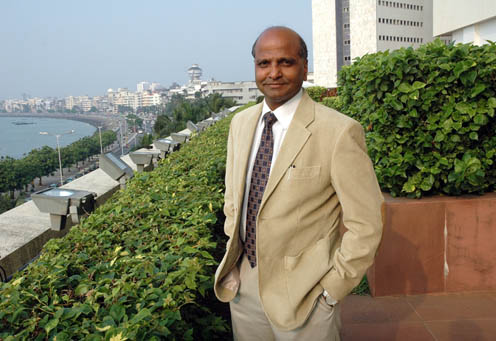By: Lalit Kumar Jain, CMD, KUL & CREDAI President
 Track2Realty Exclusive: With the economy booming in India, the developers are to play an important part as the builders of the nation and are definite to become the most important stakeholders in urban development of the country.
Track2Realty Exclusive: With the economy booming in India, the developers are to play an important part as the builders of the nation and are definite to become the most important stakeholders in urban development of the country.
Thus, by bringing in ‘Mission Transparency’ in its dealing, CREDAI with an effective private-public partnership is certain to bring in a much needed emancipation in the real estate sector of the country.
Transparency International ranks India very low on the Corruption Perception Index. This proves that there is widespread corruption in India. We developers are often charged with the allegation that we breed corruption. Developers are in fact victims of corruption, and not beneficiaries.
CREDAI has taken measures to root out corruption from the Indian real estate sector. Developers are taking a stand against corruption. We have called upon our members to stop paying bribes to officials for getting clearances.
There was a lot of skepticism when CREDAI embarked on “Mission Transparency” for the developer community and the government nearly two years ago. But today, the mission has been well accepted, judging from the fact that a majority of developers across the country have accepted the CREDAI code of conduct for themselves and the various state and city units are setting up consumer grievance cells to proactively settle disputes out of court.
Transparency in the real estate sector in India has been steadily improving mainly due to improvements in data availability on market fundamentals, regulatory and legal environment as well as governance. With the government allowing 100% FDI, the real estate sector in India is set to get even more transparent in the near future.
With foreign companies entering the real estate market in India, there is bound to be an intense competition among developers to get a fair share of the market. This would compel them to offer better services to the end customer, thereby giving rise to a more transparent system.
The increasing presence of international real estate developers, investors and occupiers, especially in tier II and tier III cities, has acted as a catalyst for the rise in transparency outside the tier I cities. For long there has been a tier bias since there has been relatively more transparency in the tier I and tier II markets and lesser transparency in tier III cities. Transparency also differs according to segments; residential real estate market has been found to be more transparent than the commercial market.





